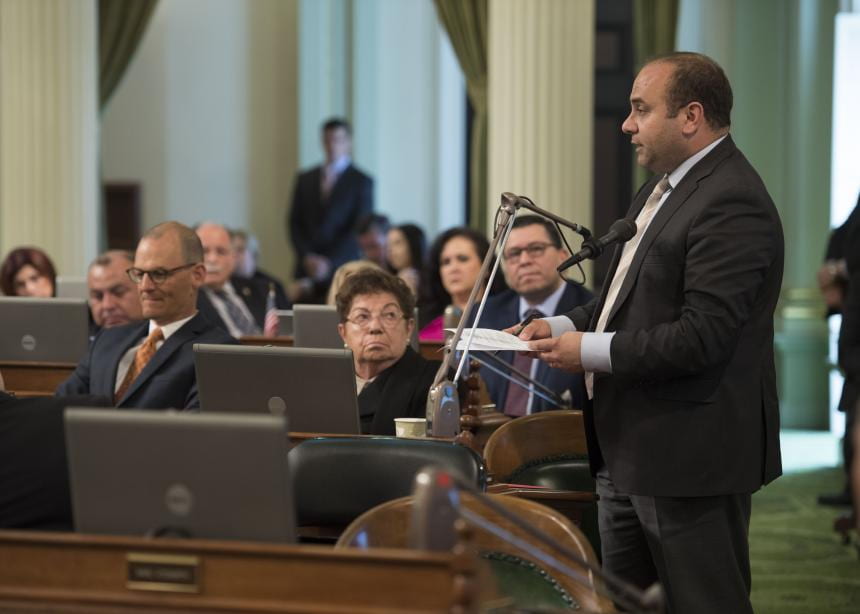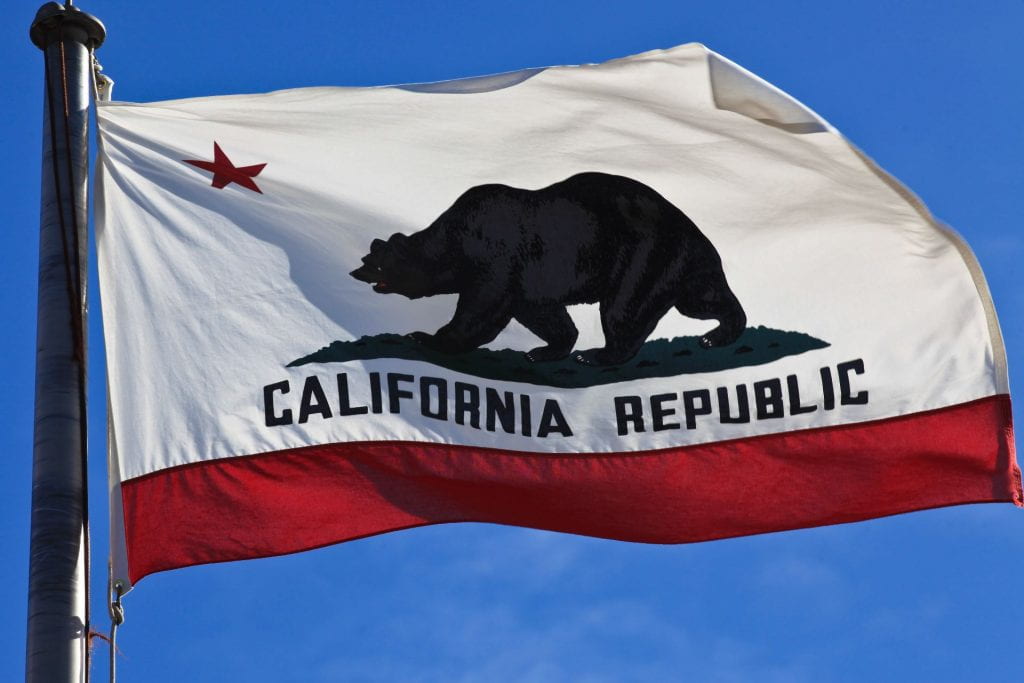Amendments enacted on Wednesday will affect all newborn children in California. The state became the third this year to adopt a universal, at-birth Child Development Account (CDA) policy.
In July, California enacted a law creating the California Kids Investment and Development Savings (KIDS) program and authorized ScholarShare 529, the state’s college savings plan, to open a KIDS account for children from households with income below $75,000. That cap, roughly equivalent to the state’s median income, excluded many children, and the law did not specify how the state would identify which infants were eligible.
The legislation signed Wednesday by Governor Gavin Newsom eliminates the income cap and amends other provisions. Every California resident born on or after July 1, 2020, will receive a small seed deposit in a ScholarShare 529 KIDS account, and the law authorizes additional incentives for low-income families. Progressively structured savings incentives – larger deposits for disadvantaged children – allow low-income families to build assets in CDAs.
Julio Martinez, executive director of ScholarShare Investment Board, said, “It is exciting to see California take such a bold step to help families across the state get a jumpstart on saving for college. This investment in the future of our children will help level the playing field and create opportunities for anyone.”
Assemblyman Adrin Nazarian led efforts to enact the July legislation and the amendments. “We must be bold and invest in the next generation of entrepreneurs, scientists, and leaders,” Nazarian said. “Wealth inequality is keeping the door closed on middle- and lower-income advancement nationwide. By creating a savings account for each child, we can jumpstart our children’s financial independence.”

Nayiri Nahabedian, a member of the Glendale School District’s Board of Education, professor at California State University, Los Angeles, and advisor to Nazarian on the KIDS policy, said, “With this bill, California, the largest state in the nation, makes a true commitment to every newborn and lays the foundation for additional, targeted incentives to lift up disadvantaged families.” Nahabedian introduced the statewide policy to Nazarian and was a continual advocate of its essential components throughout the legislative process. She added, “The KIDS policy would not have been possible without the guidance of Margaret Clancy, Michael Sherraden, and the Center for Social Development at Washington University. Their expertise and commitment to children profoundly shaped this policy.”
A broad coalition aided in the development of the policy. Nazarian and Martinez worked with El Monte Promise Foundation, San Francisco’s Kindergarten to College Program, Oakland Promise, Prosperity Now, and others to build support and program insights for the effort. Margaret Clancy, Policy Director with the Center for Social Development (CSD), and Michael Sherraden, the center’s Founding Director, influenced the effort, as did research from CSD’s randomized SEED for Oklahoma Kids experiment. The experiment’s findings informed many of the policy’s key design elements.
The amended law creates the structure for this inclusive policy:
- Beginning in July 2020, the state’s Department of Public Health will send ScholarShare 529 every newborn’s name and contact information for a parent/guardian.
- ScholarShare 529 will open a KIDS account and deposit a small seed – at least $25 – for every California resident born on or after July 1. Parents or guardians may elect to opt out of the program.
- ScholarShare 529 is authorized to offer targeted savings incentives for low-income families and to provide additional seed funding if the parent/guardian opens their own ScholarShare 529 account.
- Funds in the KIDS account will grow until accessed for college, trade school, or other postsecondary education, but the funds are returned to the program if not used before the beneficiary turns 26.
With this shift to universal, opt-out enrollment, California joins a number of states that have recently enacted laws to create such policies. Nebraska and Illinois adopted universal CDA policies this year, and Pennsylvania enacted such a policy in 2018. They share features with statewide CDAs in Maine, Rhode Island, and Nevada.
Photo credits
“California Republic,” by Håkan Dahlström on Flickr. Licensed under Creative Commons Attribution 2.0 Generic (CC BY 2.0). https://creativecommons.org/licenses/by/2.0/
“Assemblyman Nazarian Addresses the Assembly,” courtesy of Assemblyman Adrin Nazarian.
